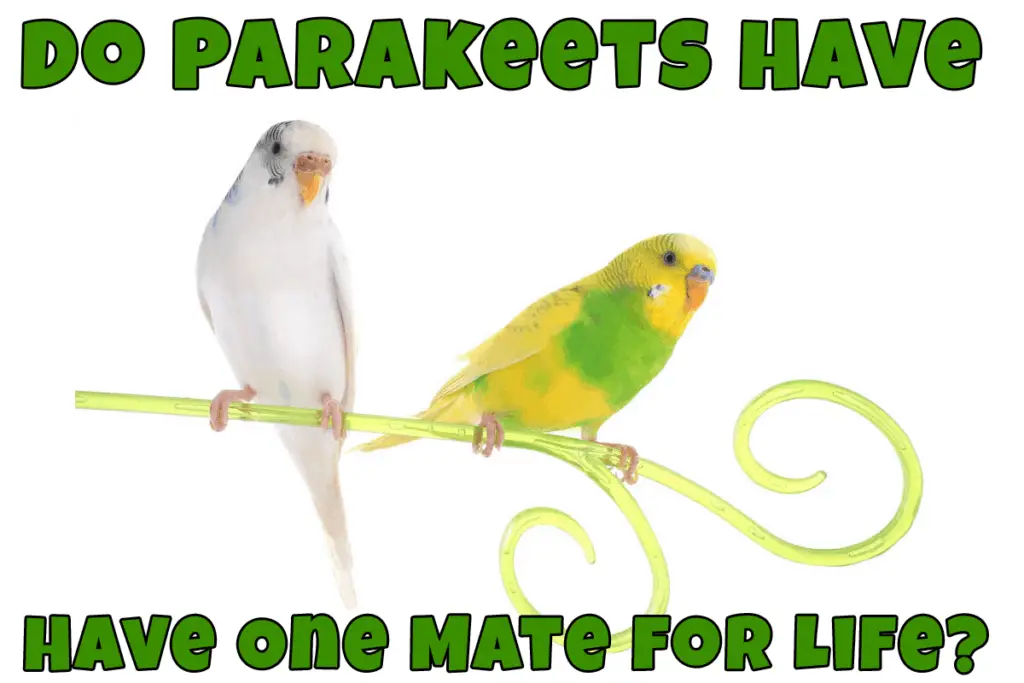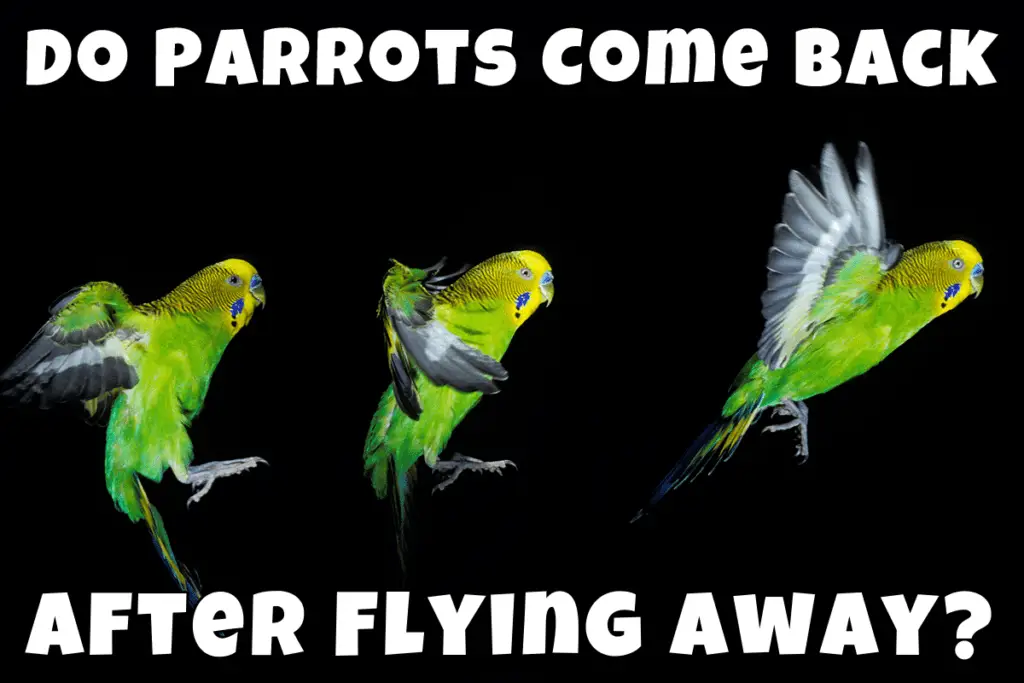Parrots, like humans, use lots of ways of communicating. Yes, the most obvious one is voice. We all look for talking parrots and enjoy when they start whistling songs. Their loud screeches also clearly tell us that something is disturbing a parrot. Though, there are many other body language ways of communicating. For parrots, they are just as important as the voice. And you have to learn them if you want to be able to understand your pet.
Head bobbing and tilting are among the most common patterns parrots use. I guarantee that you’ll be seeing them every day when you have a bird.
Head bobbing is often the sign that the bird seeks your attention. It will be doing that in excitement as well. And, also, it’s not a parrot sign for “yes.” As much as we’d love our pets to be able to agree with us (and understand what we are saying), it has a different meaning.
Let’s discover all the meanings of your parrot bobbing its head.
Like with anything to do with parrots, there is no definite reason while parrots are bobbing their heads. Instead, there are a couple of reasons for that. And not that none of them is the analog of a human “yes.”
A Parrot is Hungry
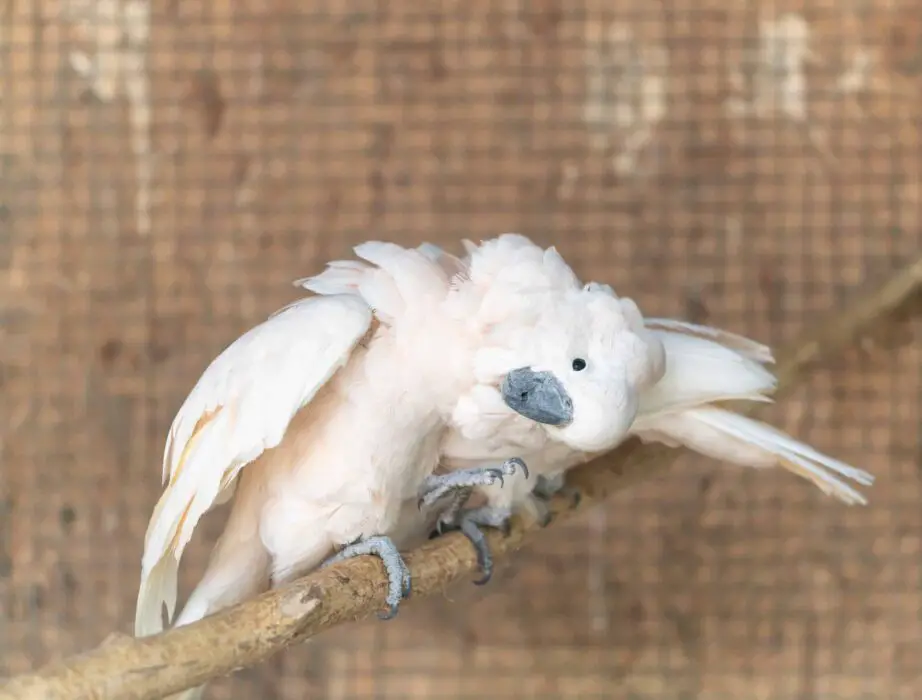
This is the natural instinct that parrots get in their childhood. When the chicks are hungry, they bob their heads to the mother, thus indicating their craving.
This, you may see the habit repeated in their adult lives. I also suggest that you don’t always feed your parrot when it’s bobbing; read the context. If it’s eaten not so long ago, search for other meanings of the gesture.
Are Parrots Nocturnal? (And Other Parrot’s Sleeping Secrets Revealed)
A Parrot Seeks Attention
This meaning comes directly from childhood habits as well. Along with the mentioned food, parrots got attention from their mothers. Thus, they’ve learned that rapidly bobbing their heads would bring them company. And if you are busy somewhere and see the bird doing that, come to it and chat at least.
A Parrot is Excited
If you see a parrot bobbing its head when playing or interacting with it, it surely means that it is one happy little bird. But do parrots do it the same way as we?
Parrots display their excitement in many different ways. And this one is often the easiest to understand.
Also, have you noticed how happy they are when whistling a tune?
A Parrot Is Bonding
As I’ve mentioned in the article about the signs your parrot loves you; birds show their affection via the means of regurgitating. It shows the highest degree of trust and love when a bird shares food with you. And you know what birds do the bring food up? Yes, they bob the head up and down repeatedly. Of course, the similarity of movements doesn’t mean that a parrot regurgitates that moment. But it’s the thought that matters.
A Parrot is Angry
Yes, this is not one of the reasons you would like to think about. However, you should always consider the possibility.
There is a whole variety of things that may be bothering your parrot. It won’t tell you what exactly is amiss, so be vigilant.
Why Do Parrots Bob Heads to Music?
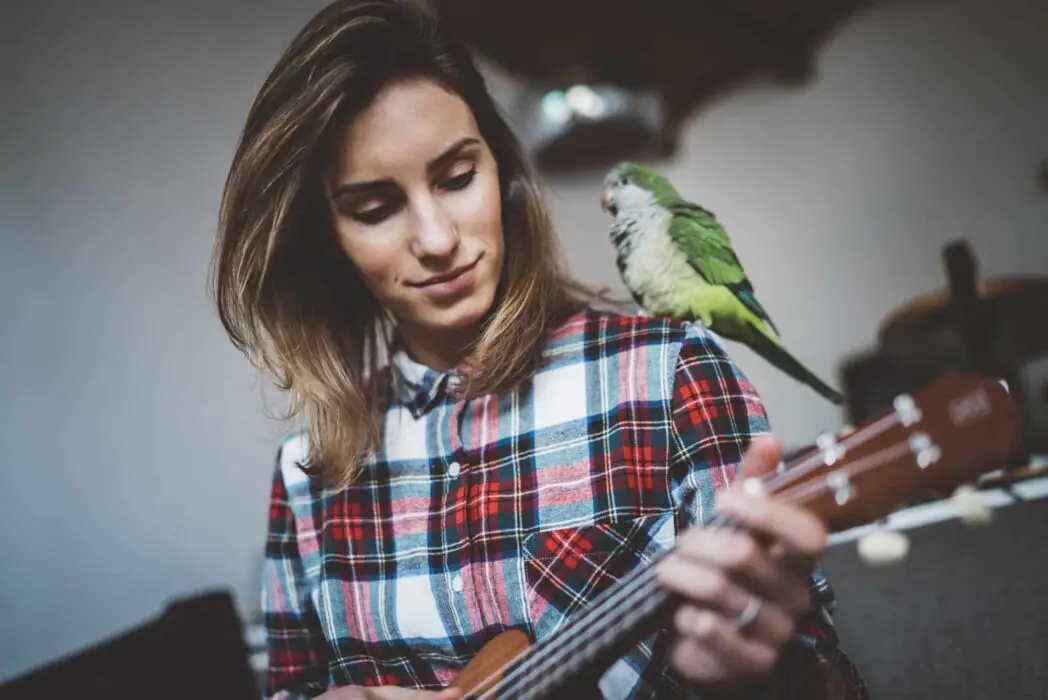
As I’ve mentioned earlier, parrots bob their heads to music because of all the excitement. They are happy, and they are dancing to music. This is quite a view when you are a new parrot owner. The bird is happy and makes your day a bit brighter as well.
Or, maybe, they do follow the beat and dance in their little way? Well, according to a notable neuroscientist Dr. Patel, parrots do follow the beat. They do not simply repeat after you; they have their own dancing rhythm.
The scientist conducted a study with a test subject Snowball, a famous dancing parrot whose fame on YouTube resulted from its body language. It was really bobbing its head following the song. The rhythm was not perfect, but the tempo followed.
Can you imagine how cool it would be to listen to your favorite tunes sang by birds? I guess you have to have a parrot for that!
Moreover, the bobbing sometimes doesn’t revolve around the surrounding. A bird can start “dancing” on its own.
Also, I find this fact very interesting:
Parrots have their preferences in music. Yes! Just like people. Some adore rock, others are pop hipsters, and many enjoy listening to classics.
How Good Is Parrot Hearing? Learn Why Parrots Are So Good at Mimicking
Why Do Parrots Shake Their Heads?
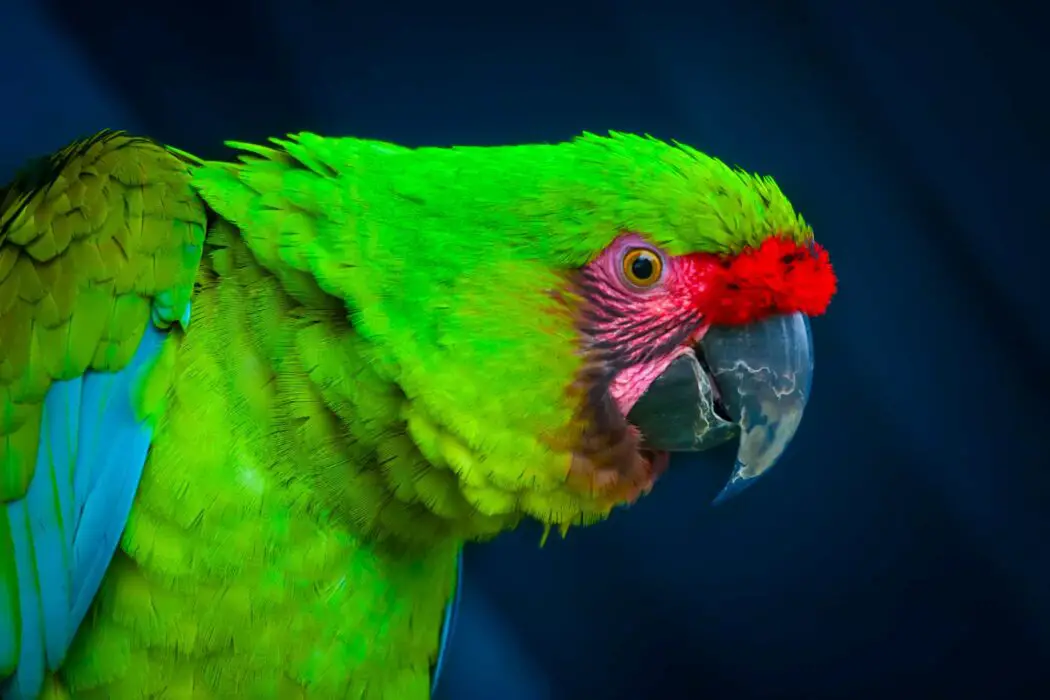
Head shaking may be confused with bobbing, but there is a stark difference between the two. Most of the time, parrots shake their heads when they are irritated by something. It can be connected to something you’ve done, but, most of the time, it is something external like a loose feather, unpleasant noises, or something stuck in the beak. Sometimes, they have water in their ear and try to shake it out this way. It’s widespread after a shower.
In most cases, it is a harmless sign. However, when it is no longer occasional, it’s time to check with your vet. Excessive head shaking can be a sign of a nasal infection.
A side note for any owner of Quakers. For these parrots, head shaking is natural. They bob their heads more often than other species, and that is not a worrisome sign. In fact, this is where their name derives, as they are usually “quaking.” Especially the chicks!
Other Attention Seeking Behavior in Parrots
While we are on the matter of attention, not love, I suggest you look at other attention-seeking behaviors.
Wing Flapping
Yes, it is a contextual sign as well. Wing flapping may be considered a sign of love, excitement, irritation, and attention-seeking. Truly, the only way to tell for sure is by context! Do you see a reason while your parrot may be uncomfortable? Does it snap at you and shake its head? If yes, then it’s definitely irritation.
Screaming
Your natural reaction to a parrot’s scream would be fear. Is anything amiss with it? Does it hurt? What are you afraid of?
However, in time, you’ll learn to distinguish different types of screams and reactions from your parrot. It often happens that the bird is bored and demands attention. They are intelligent animals and require constant stimulation. Do not lock them with no toys! Give them something to do while you are away.
Pulling
This sign is quite easy to understand. When your bird is pulling your hair, it wants attention. It’s not a malicious sign; it’s a kind of friendly gesture. That may turn into menace if its feathers are not clipped, and it starts doing it “on the fly.” You better scratch its head, or it won’t stop.
17 Arguments Why Parrots Make Good Pets, You Don’t Know What You Are Missing
How to Understand What a Parrot Is Saying?
Unfortunately, there is no definite way to tell what exactly your parrot is saying. But that is probably for the better. Otherwise, they are boring pets to have.
And as parrots’ communication is so complex, the only way to understand what a parrot is saying is by bonding with it and becoming its friend. In time, you’ll learn your pet’s behaviors and what it requests via different means. The combinations of various signs are easier to distinguish. You’ll know as you go that all parrots have different characters. Some are more gentle and loving; others are sociable and playful. And, of course, there are those snappy moody ones that are closer to humans than you could imagine.
Overall, head bobbing is a sign of a few different things: irritation, attention-seeking, excitement, and hunger. You’ll have to distinguish between them using your experience with the bird and the kind of situation you are in!
Anyway, I always suggest scratching a parrot’s head in all unknown situations. Try it!

